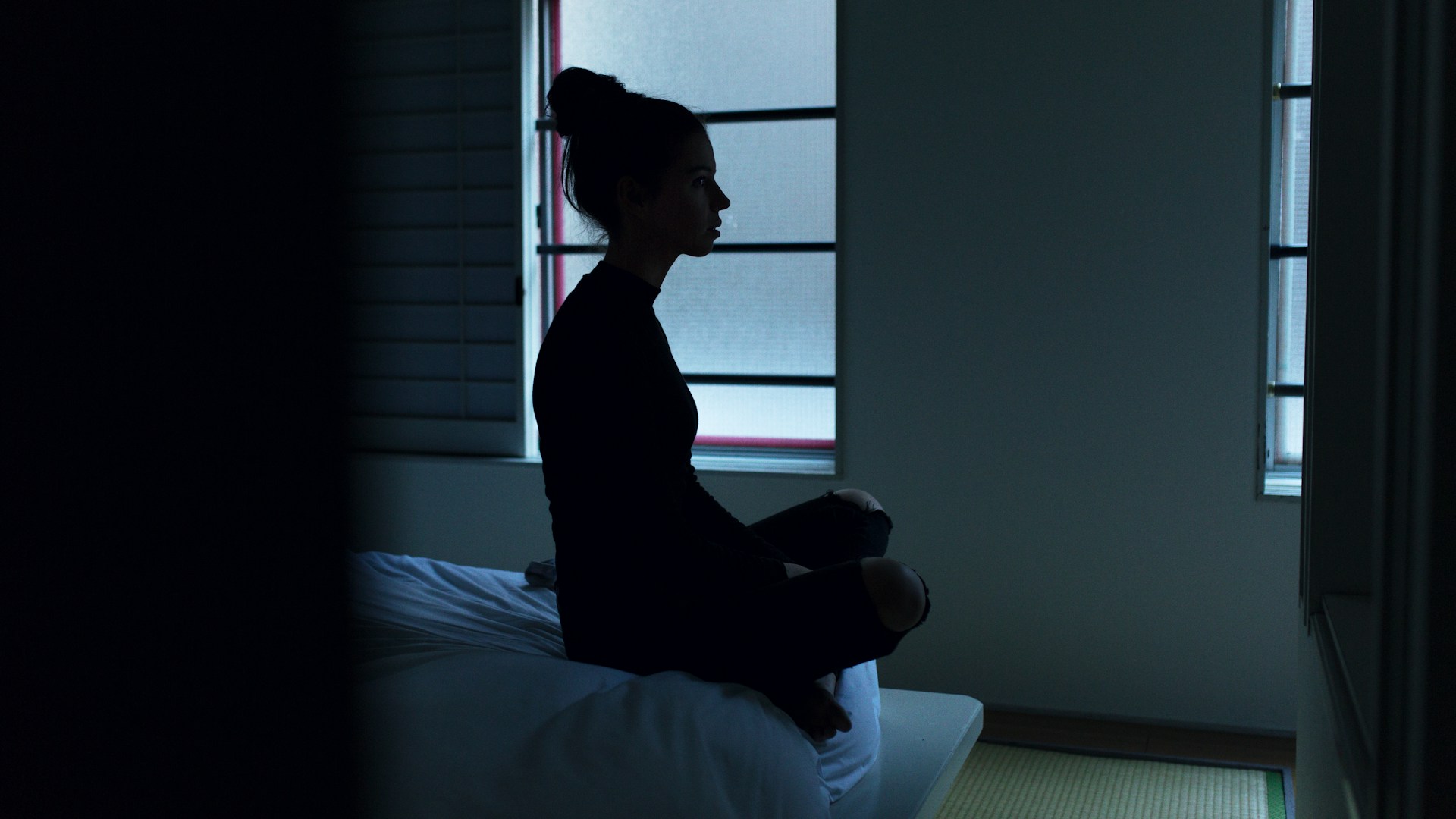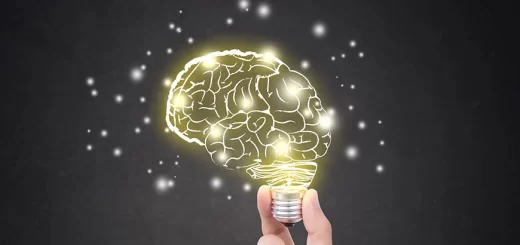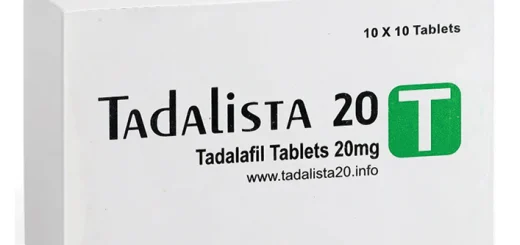Sleep apnea symptoms: understanding the basics

According to the World Health Organization (WHO), around 100 million people worldwide suffer from sleep apnea. It categorizes this disorder under chronic respiratory diseases. This is the most common organic sleep disorder and can be prevented with medical intervention.
What is Sleep Apnea?
This illness affects the breathing of a person while they sleep. Their respiration keeps getting halted and then starts up again. Based on its cause, this sleep disorder is classified into two categories:
Obstructive Sleep Apnea (OSA)
OSA occurs when the muscles supporting the soft tissue in your throat collapse and block the airways. This causes disruptions in your breathing. As a result, the oxygen levels in your brain are reduced. This prompts your brain to wake you up, adjust your breathing and then resume your sleep.
Centralized Sleep Apnea (CSA)
This type of complication occurs because the signaling between the brain and respiratory muscles is disrupted. Your breathing, thus, stops temporarily. As compared to OSA, this type of apnea is less common.
Sometimes, patients develop CSA while receiving treatment for OSA. This type of condition is called complex sleep apnea.
Common Symptoms of Sleep Apnea
Loud snoring
Snoring occurs when the throat muscles, tissues, and nasal passage vibrate with the passage of air. This is a common symptom of sleep apnea, although it might not always be the case. Snoring associated with this disease is frequent and very noisy.
Choking in sleep
Along with snoring, the person can wake up gasping from sleep. This symptom occurs when your breathing keeps getting interrupted. This is an involuntary action that also occurs frequently in sleep apnea.
Excessive daytime sleepiness
The normal sleep cycle consists of different stages of sleep occurring in a particular order. As you keep getting awakened at night, restoring the sleep cycle is difficult. Hence, you suffer from insomnia.
Dry mouth
While this disease causes dysfunction of the normal breathing process, your body tries to resume breathing via the mouth. The moisture in the oral cavity evaporates, causing you to wake up with a dry mouth.
Morning headaches
Disruptions while breathing lead to a drop in blood oxygen levels. This can lead to cerebral vasodialation, i.e., dilation of blood vessels. Consequently, you wake up with headaches in the morning.
Insomnia
Insomnia occurs due to the brain’s reaction to this disorder. The brain suppresses sleep so that breathing is not continuously disrupted.
Loss of concentration
Research has revealed that sleep apnea leads to lowered cognitive abilities and poor memory. Sleep deprivation can cause you to be forgetful, unorganized, irritated , and overall less productive.
Understanding the Impact of Sleep Apnea
This illnes can expose you to a series of complications involving several organs. Given below is the list of complications associated with sleep apnea: 
- Adult asthma
- Weakened immune system
- Chronic obstructive pulmonary disease (COPD)
- Insuline resistance, which can lead to type 2 diabetes
- Fatty liver disease
- Decreased libido
- Worsened erectile dysfunction
- Gastroesophageal reflux disease (GERD)
- Hypertension
- High cholesterol levels
- Low blood oxygen
- Depression
- Memory loss
Conclusion
Sleep apnea causes symptoms that not only disrupt your daily activities but can also have long term impacts. Some of them can be fatal. The symptoms are very general and can easily be mistaken for other reasons. Hence, it is extremely important for you to keep an eye on such symptoms and immediately consult a healthcare professional if you suspect this disease.







